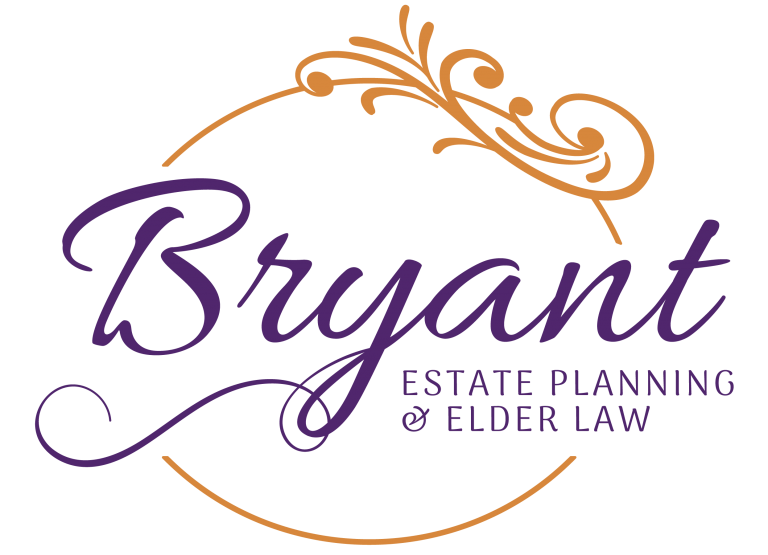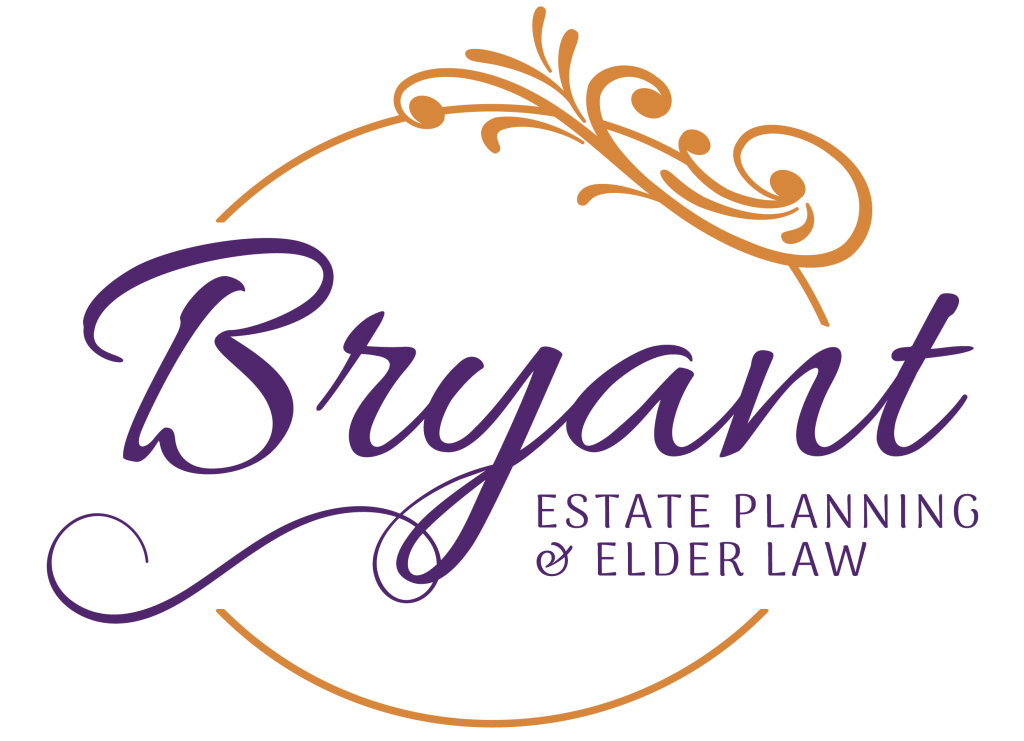Assisted Living Costs
There are many things to consider when searching for the right independent living facilities for your loved one. Quality of care, activities, environment, location, and more. Although cost won’t be the only thing on your mind, especially if this is the first time you’ve considered this option, long-term care can be expensive. Long-term care can vary, from around the clock attention to the regular assistance offered by the Senior Care Boca Raton team. It’s all about finding the right fit so that your loved ones still feel in control of their lives. However, not only will you need to understand the cost today; you’ll also want to make yourself aware of what to expect as health conditions change. Going to assisted care professionals like Sr Care Center may be able to provide you with further information and a comfortable environment for your loved one to enjoy and be happy.
There are generally three types of fee structures: Flat Rate, Fee-for Service (may be called “point” system), and/or a hybrid, sometimes referred to as Levels of Care. Some places are creative in how they assess care charges, but these three buckets will give you a general idea of what you are most likely to encounter in an Assisted Living environment.
Flat Rate, all inclusive
This type of fee structure is what it sounds like – one price which will include rent, meals, amenities, and care. Typically (but not always), smaller care homes use this system. You may find more are adding levels of care to the monthly cost.
Pro: Set price, even with some change of condition (excluding Hospice, or serious increase in care needs)
Con: Sometimes, because it is an inclusive price, the rate can be somewhat higher
Fee-for-Service (may be based on “points”)
In this scenario, you will be charged a set rate for rent, which will usually include things like meals, housekeeping, laundry, activities, some transportation services. Care services are charged according to an a la carte menu. For example, if what is required is medication management, reminders, and assistance with bathing/dressing, each one of those services will be charged according to how much time will be required for caregiver aid.
Pro: Only pay for what you need
Con: Adds up quickly, especially when health or cognitive function is declining – difficult to plan for future costs
Note: Incontinence or toileting assistance, dementia related behaviors needing redirection and supervision, and medication management are often some of the higher priced caregiving services
Levels of Care
What this refers to is usually multiple care services packaged together. Each level includes certain services at a set fee (over and above rent and basic services such as meals, laundry, housekeeping, etc.). An example of Level One might be medication management, stand by shower assistance, reminders for meals for a mostly independent person. The cost may be nominal but is added to the rent. Each level of care has an increasing number of services bundled into the package. Levels vary at different communities but the higher the level of care number, the more you can expect to pay. You may want to look at somewhere like Sunflower Communities to give you an idea of the different levels of service that you can receive.
Pro: Declining health status can keep pricing at lower level for a longer period due to “bundling” of services. Pay only for what is needed.
Con: It is possible that one might not need everything in the higher level of care but may be charged at a higher rate due to one or two care needs not available at the lower level.
Note: Most places will incur an additional charge for Hospice care. Be sure to ask about that!
Does all of this seem confusing? The most important thing to know is that when you are considering a home or community, keep your attention not only on what it will cost today, but what the potential costs might be as time goes on. Make sure you ask the general questions but include those that are specific to your loved one’s condition. Degenerative illnesses such as Parkinson’s, Alzheimer’s, and others that increasingly limit one’s ability for self-care are the situations that will often be the most expensive to maintain.
Senior Care Authority provides hands-on assistance, support and resources for families seeking the best residential options for seniors, ensuring that they receive the necessary care. Our company has a network of professionals throughout the country who provide elder care consulting and placement assistance.
(This article is a guest post by the senior care authority. visit them online at www.seniorcareauthority.com/southbay)




